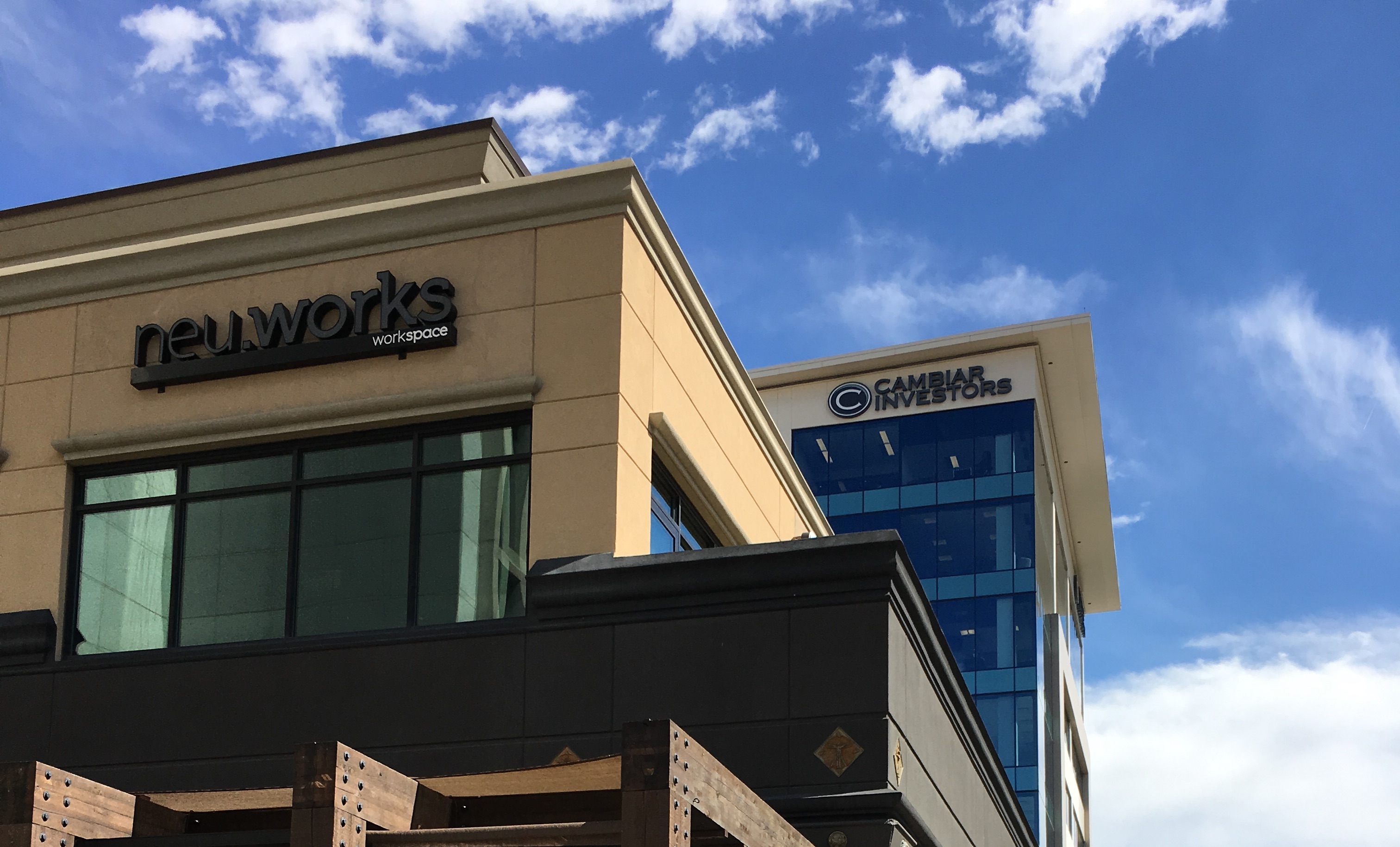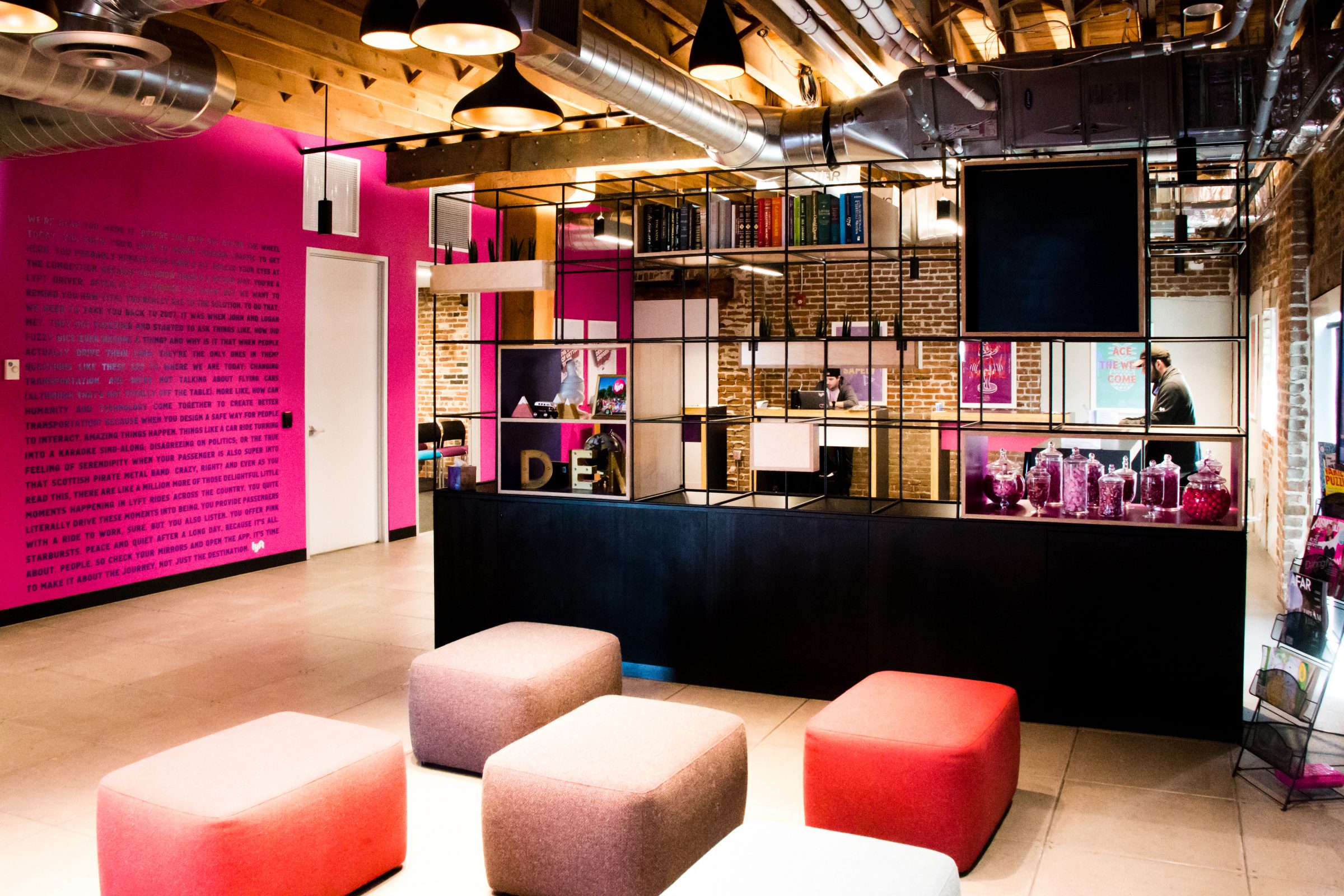5 Workplace Trends to Know in Denver
No two companies are alike. With so many differences in size, industry, operating style, growth strategy and culture, it takes a certain kind of care and attention to identify what a company needs in terms of their real estate. It’s part of the challenge of a being broker, and one we gladly take on each and every time we work with a new client. (more…)









